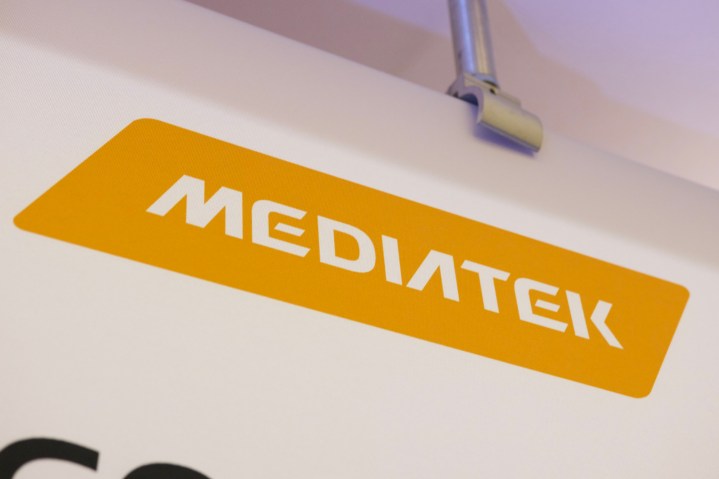
Weeks after introducing a very promising flagship chip for Android phones that rivals Qualcomm’s best, MediaTek is taking the competition a notch lower. The latest from the Taiwanese company is the Dimensity 8300, which goes straight against the Snapdragon 7 Gen 3.
Overall, this seems like one of the best mid-tier processors MediaTek has offered in a long time, both in terms of inherent capabilities and generation-over-generation upgrades. The first wave of phones powered by the Dimensity 8300 will arrive by the end of this year.
Notably, compared to Qualcomm’s visibly lazy mid-tier upgrade in the Snapdragon 7 series, the new chip from MediaTek brings meaningful improvements all across the board. Based on the same 4nm process as its predecessor, the Dimensity 8300 employs the new ARM V9-based Cortex cores.
We are looking at an improved 4+4 cluster of Cortex A715 cores and an equal number of Cortex A510 cores. MediaTek is claiming a 20% boost in processing firepower and a healthy 30% jump in energy efficiency.

For games and other demanding tasks, MediaTek has gone for the new Mali-G615 GPU that offers a huge 60% bump in raw graphics prowess while being 50% more frugal at power consumption.
This makes Qualcomm look like a laggard.
Of course, it’s AI season everywhere, and MediaTek isn’t shying away from it. The Dimensity 8300 is one of the first midrange processors that can run generation AI models with up to 10 billion parameters.
That figure matches what the flagship Snapdragon 8 Gen 3 can handle, while MediaTek’s own Dimensity 9300 raises the bar up to 13 billion parameters (with further scope for scaling up).
Those AI capabilities come courtesy of the new APU 780 AI processor that can also handle Stable Diffusion workflows such as text-to-image generation. Based on benchmark tests, it is 3.3x more powerful and can handle generative AI tasks at an eight times quicker pace.

The RAM module support has been upgraded to the higher frequency 8300 MB/s channel, up from the 6400 MB/s type, offering a 33% improvement. In real-life smartphone usage, you can expect snappier multitasking and the ability to retain more active instances in the background.
The storage standard has also gone up from UFS 3.1 to UFS 4.0 speeds, promising double the read and write speeds compared to the Dimensity 8200. The latest from MediaTek also promises improvements in cellular and Wi-Fi connectivity, with peak download speeds of up to 5.17Gbps over 5G and 2x bandwidth gain, respectively.
In the imaging department, the Dimensity 8300 will finally allow MediaTek-powered Android phones to record 4K HDR videos at 60 frames per second (fps), up from the 30 fps frame limit imposed by its predecessor. It would be interesting to see how this well-rounded chip stacks up against its Qualcomm rivals, but so far, MediaTek appears to be on a roll this year.



